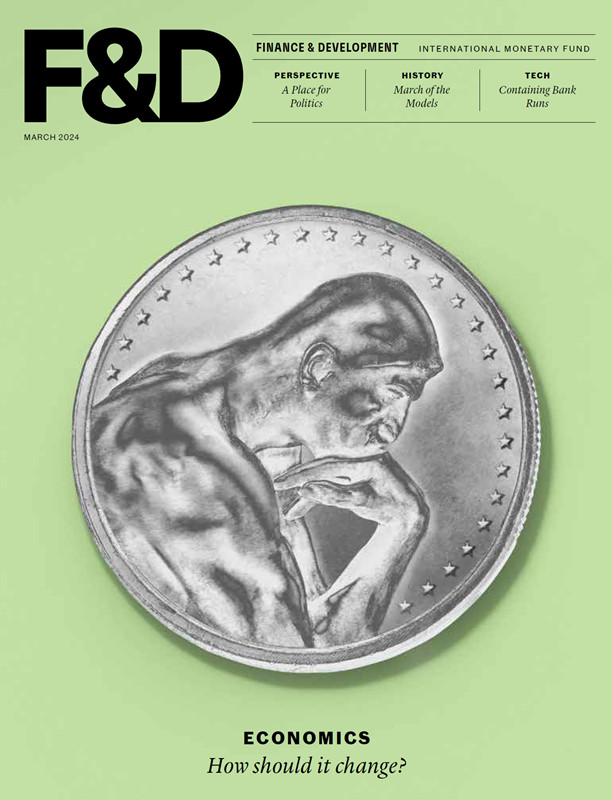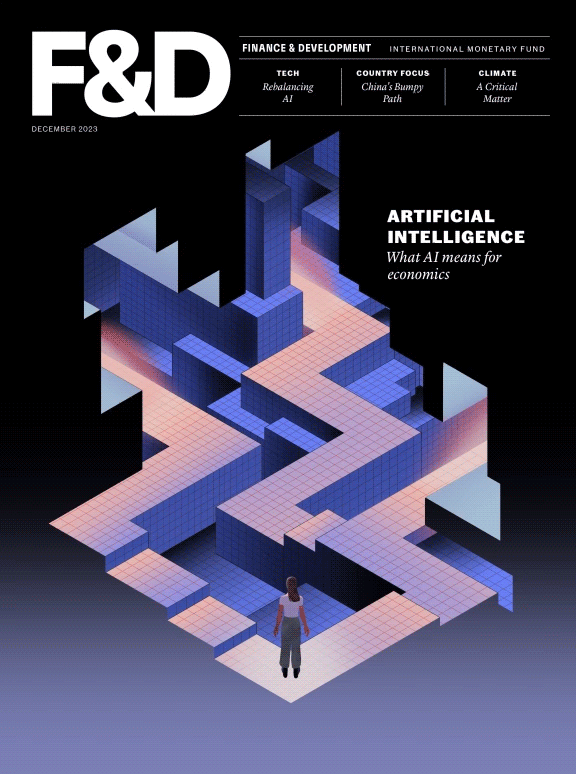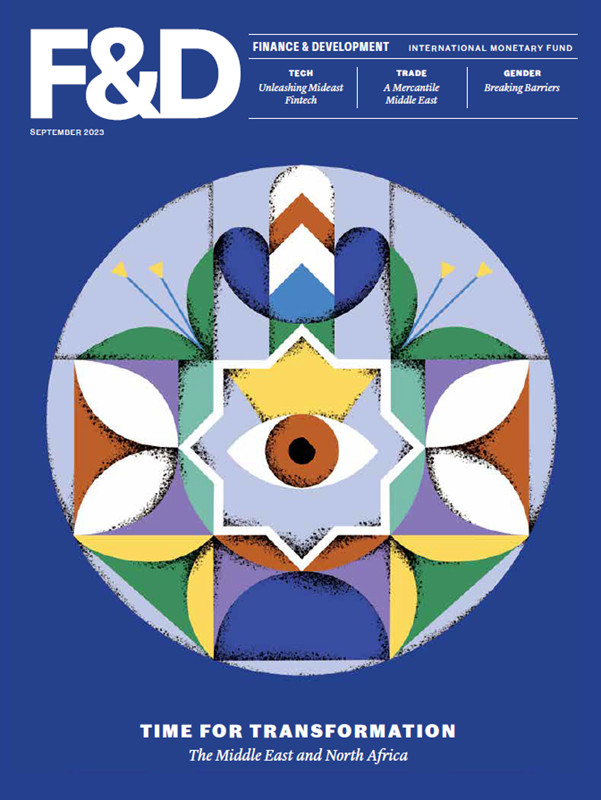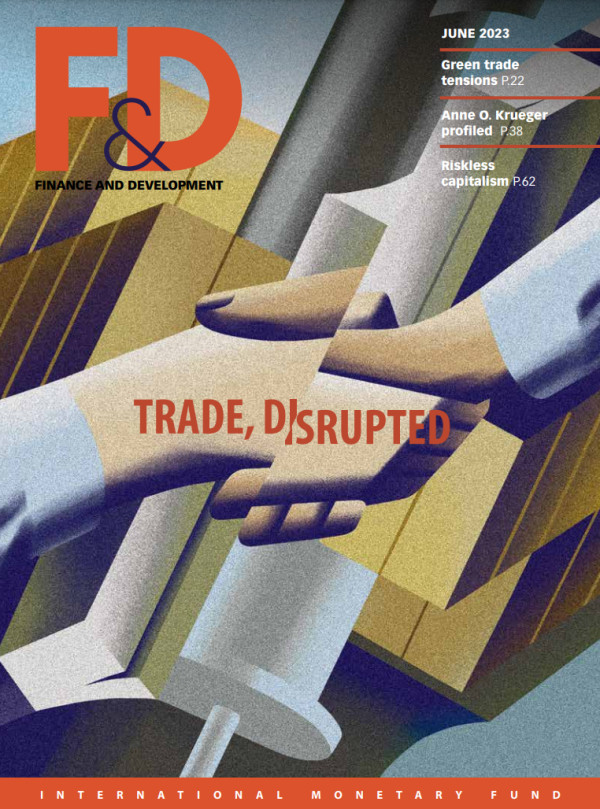Faith Aweko, Uganda
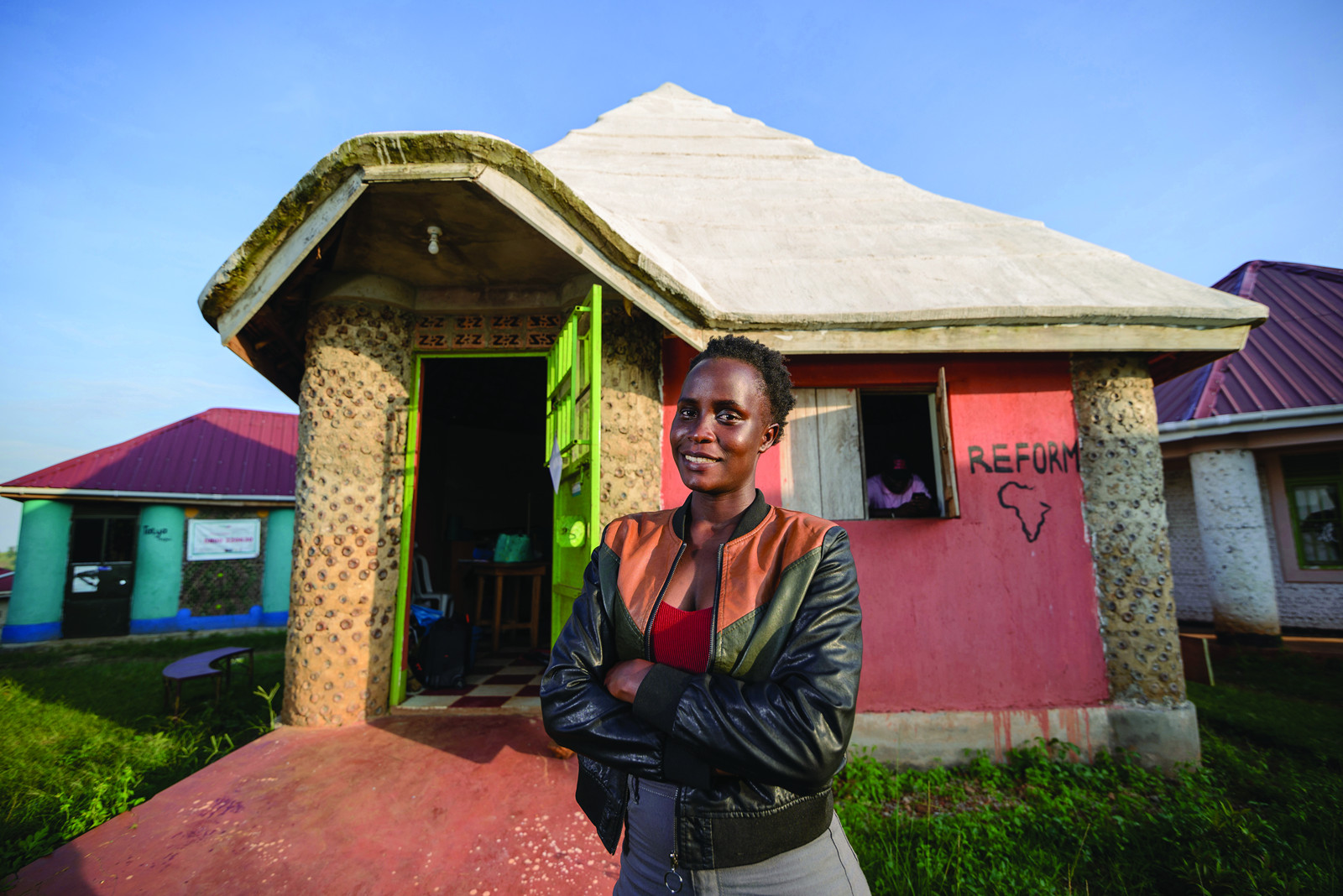
Growing up in a low-lying slum area in Kampala, Faith Aweko, 26, had to contend with routine flooding caused by plastic trash that the rain had washed into water channels and roadside trenches. This experience instilled in her a deep aversion to pollution, setting the stage for her future calling.
In 2016, after dropping out of the university in her third year, Aweko needed to find a way to support herself. People under the age of 30 make up about 75 percent of Uganda’s population, and many of them are jobless. The situation in this patriarchal society is more dire for women, who are three times as likely as men to have difficulty finding sustainable employment.
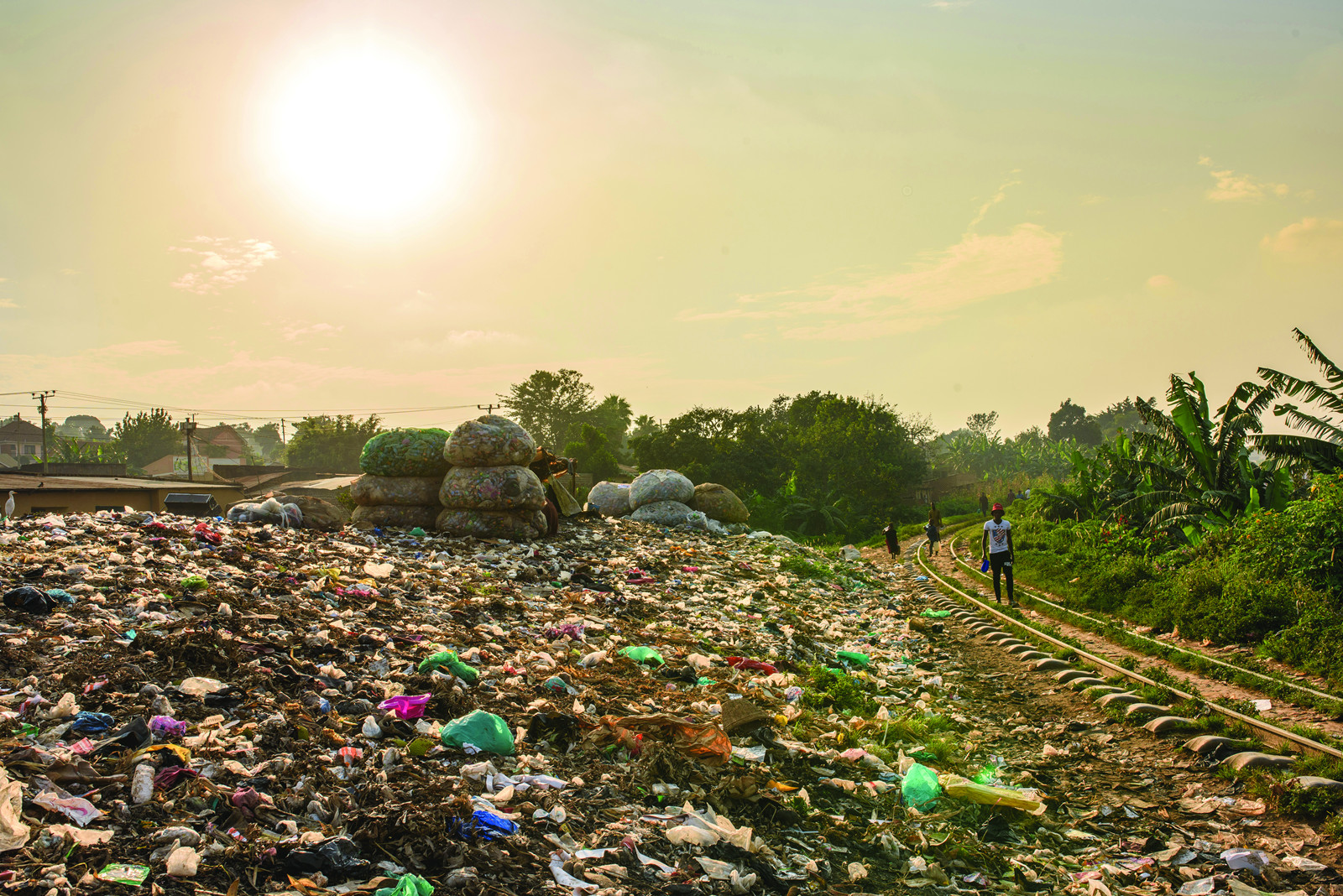
Refusing to become a statistic, Aweko decided to join the Social Innovation Academy, an organization that works with former orphans, refugees, and other disadvantaged youth to create social enterprises. There, she crossed paths with others who shared her dream of tackling Uganda’s plastic waste problem.
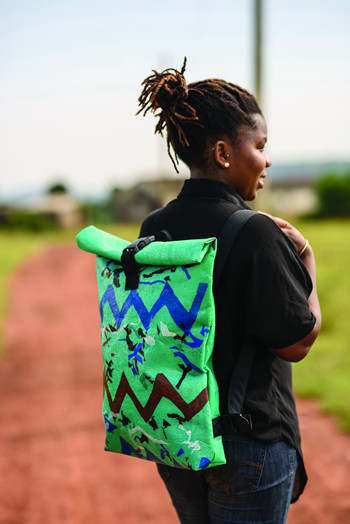
With Mema Rachel, a refugee from Democratic Republic of Congo, and Naluyima Shamim, she founded Reform Africa, a plastic recycling group that collects plastic waste and converts it into beautiful bags.
They source the plastic waste directly from landfills and collection points around Kampala. Workers deliver it to the main collection point where the plastic bags are sorted, cleaned, and hung on clotheslines to dry. The material is then sent on to tailors who heat-press it to create the sturdy material that is fashioned into colorful handbags and backpacks.
You can’t make a silk purse out of a sow’s ear, they say. But Aweko has managed to do something even better.
Opinions expressed in articles and other materials are those of the authors; they do not necessarily reflect IMF policy.





